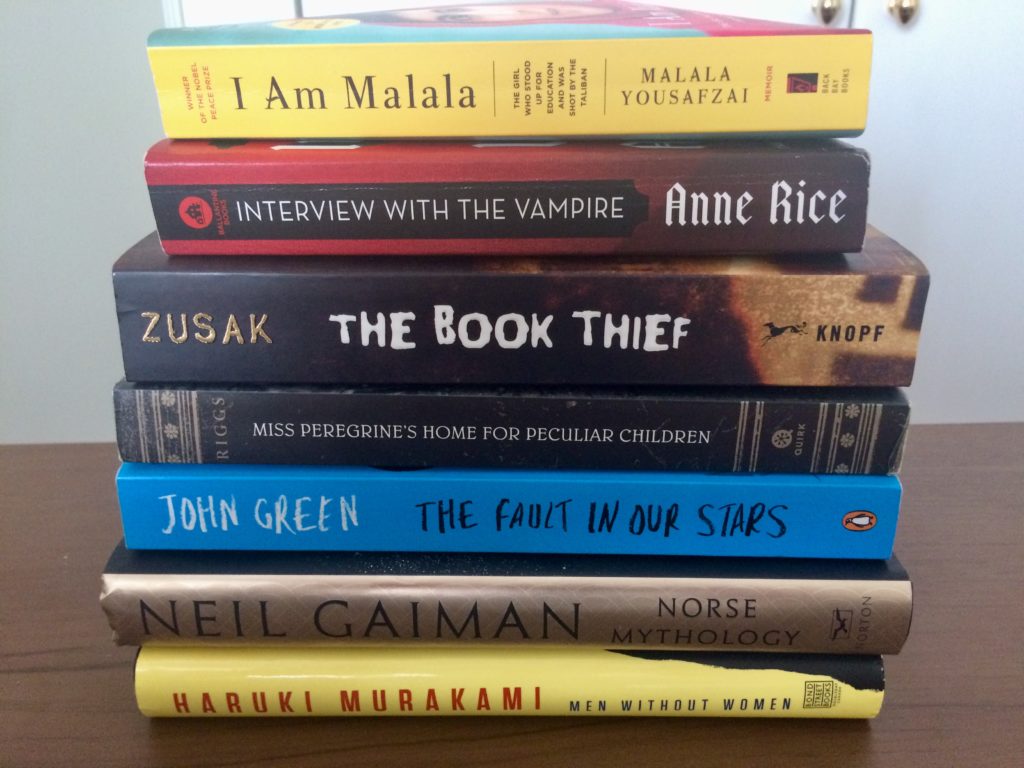Reading a book a week is one of the most satisfying and rewarding habits you can adopt.
The habit of reading 52 books in 52 weeks is one of those challenges that almost anyone can achieve, and everyone can feel the benefits of improved creativity, increased verbal fluency, higher intelligence, and greater sense of personal well-being.
How to Read a Book a Week (52 Books a Year)
Whether you’re a new parent, a surgeon who always seems to be on call, or even a president of an entire country, anyone can manage to read at least a book a week.
If you think you’re too busy to read a book a week, remember that…
- George W. Bush, during his presidency, read 95 books in just one year.
- Thriller Writer Lee Child (of Jack Reacher fame) reads 300 books a year.
- Bill Gates, when not fighting polio, malaria, and Alzheimer’s, reads a book a week.
- James Franco, one of the busiest actors in Hollywood, clearly reads at least a book a week.
But to be able to read a book a week, you’ll have to keep a few things in mind.
I’ve easily been able to read a book a week (often reading hundreds of books a year) for many years now, whilst also having time for family, work, projects, and fitness.
Here’s my advice.
Pick your books wisely (and portion out pages per day)
If you’re pressed for time, or if this is your first attempt at reading a book a week, choose thinner books.
Nothing wrong with wanting to read Moby Dick, but try to solidify the habit of reading a book a week before you go pro.
Pick books that have 200-300 pages to start.
Obviously a 300-page Dickens novel is going to be harder to read than a 300-page John Green novel, but here’s a rough break down (using my super sophisticated mathematical skills) of how many pages you need to read per day:
- A 300-page book = 43 pages/day
- A 200-page book = 29 pages/day
So….
- I Am Malala = 43 pages/day
- The Book Thief = 79 pages/day
- Norse Mythology = 41 pages/day
- Men Without Women = 32 pages/day
- The Fault in Our Stars = 44 pages/day
- Interview with the Vampire = 50 pages/day
- Miss Peregrine’s Home for Peculiar Children = 54 pages/day
If those numbers still look daunting, let’s break them down further:
- ~10 pages in the morning (with breakfast)
- ~10 pages at lunch
- ~15 pages before bed
You’ll end up finishing most books in a week if you break it down like that.
If you have a 1-hour commute to work, congratulations! You can easily hit your daily page reading goals. If you drive, choose the audiobook version. If you’re crammed in on the train or bus, go for a paperback of ebook.
What books should you read?
I personally like to decide most books I’ll read in a year in advance.
I find it easier that way instead of wasting time searching for a book whenever I finish one.
Plus, picking in advance means I actually end up reading books I want to read instead of random stuff I come across.
My advice is to mix it up.
Ask yourself:
- If I could only read 10-20 books and then never read again, what books would I pick?
Answer that question and you’ll make sure to choose some bloody good literature.
Then ask:
- What 10-20 books look like a hell of a lot of fun?
That will help you break your reading up so you’re not just reading dry classics. You’ll probably throw some Stephen King in there.
You might also want to ask:
- What books will help me in my life/career or challenge my viewpoints?
Then you’ll end up picking some great non-fiction.
Don’t waste your 52-books-in-52-weeks challenge
The internet is awash with stories of people who are reading a book a week.
It’s brilliant to see. I love that this 52-in-52 thing has gone viral.
But when I see most of the reading lists of people who are reading a book a week, I can’t help but feel like many of them are missing out.
I’ve seen a lot of lists where every single book was a self-help/motivational book.
Brian Tracy one week, Tony Robbins the next, Dale Carnegie after that, followed by Tim Ferriss
Not saying those guys are bad. I’ve read them and got a lot from them.
But how many times do you REALLY need to read advice about “having a goal” and “visualisation”.
Those books pretty much all say the same thing.
Read non-fiction, but make sure you apply it.
If you’ve read 52 books in a year and every single one of them had “GOAL” or “BADASS” in the title, you’ve wasted your reading year and basically just been masturbating the whole time.
So mix it up:
- Read some fiction (from all the genres: fantasy, romance, sci-fi)
- Read non-fiction (anthropology, psychology, zoology)
- Read short story collections
- Read volumes of poetry
- Read the classics
Drink from a variety of sources and you will be nourished.
Track your reading
What gets measured gets managed. – Peter Drucker
Recording the books you read week-by-week is a great idea.
Tracking keeps you accountable and also reinforces you motivation.
It’s great to see your books amass as the weeks go by.
There’s a bunch of great ways you can track your books.
You can go for a good old fashioned moleskin (I recommend this one) and record your impressions of each book.
Or you can go social and plug in to a strong network of fellow book lovers:
- Instagram (post a pic of your book of the week)
- Goodreads (sign up to their challenge and rate your books)
- Reddit (follow along with the Book Club and voice your opinion)
I like Joe Di Lillo’s Instagram because he puts up snaps of what book he’s reading that week, usually along with a shot of coffee in a cool cafe.
If you do a search for the hashtag #52Booksin52Weeks, you’ll find a thriving community of book lovers all doing the same thing!
Make use of small spaces of time
In the words of Stephen King in his fantastic On Writing:
The trick is to teach yourself to read in small sips as well as in long swallows. Waiting rooms were made for books – of course! But so are theater lobbies before the show, long and boring checkout lines, and everyone’s favorite, the john.
If I only read when I had a stretch of 30+ minutes to sit down in silence, I would read A LOT less books each year.
I’ve got this great app called Scribd that lets you have access to a crazy amount of audiobooks and ebooks. That’s great for those small snatches of time on the bus or waiting in line.
Carry a book or a Kindle with you (or just get the Kindle app).
And when you’re doing something mindless (like cooking or running on the treadmill) plug an audiobook in.
These small snatches of time add up fast!
Cut down your TV time
When you want to add something new into your life, you naturally have to take something else out.
For most people, that can come in the form of TV.
You don’t have to get rid of television completely. There are some really great shows out right now. But if you want to read a book a week, don’t mindlessly watch TV.
Pick maybe one show you want to watch and forget the rest.
Fill the TV void with books.
Stop reading this website
I mean…
I want you to come back.
And I thank you for visiting.
But now it’s time for you to fire up your Kindle, pop into your local bookstore, or binge at Book Depository.
It’s time for you…
To read!






Thanks for the link in your post to my own story of returning to reading. Lee Child’s assertion that he read 300 books a year astounded me.
After years of working long hours in Corporate America, I escaped to a simpler life style. Part of that was a plan to read every evening for an hour or two before drifting off to sleep. That habit allows me to read two books a week – just over 100 books a year. And my world is so much better for that time investment.
I also started sharing what I read each month and, more importantly, asking others what they read. I have discovered so many great authors with that simple trick.
Happy reading (and writing!)
Thank YOU for your fascinating article. It inspired me to pick up a bunch of Grisham, Baldacci, and Gardener during my latest Book Depository binge.
It’s amazing how just an hour or two each day can add up to 100+ books each year! Definitely agree that sharing opens one up to new books. I started a book recommendation newsletter last year and couldn’t believe the response. I had loads of people hitting me back with their favourite books and I’ve read so many cool new authors thanks to that.
Happy reading and writing to you too!